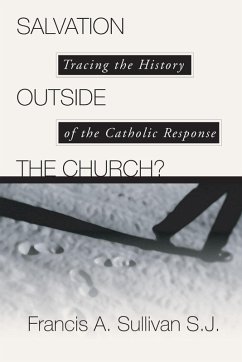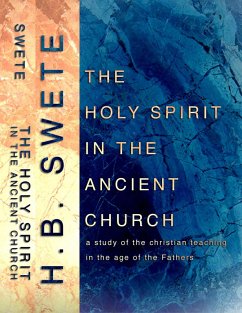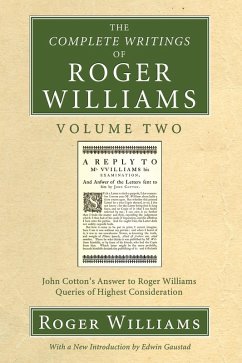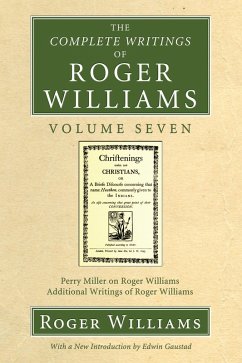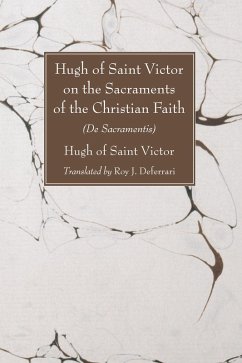When in 1949 Fr. Leonard Feeney, SJ accused the Archbishop of Boston, Richard J. Cushing, of heresy for holding that Jews and Protestants could be saved, he backed up his charge by producing passages from the writings of fathers of the church such as St. Augustine, of eminent theologians such as St. Thomas Aquinas, and from the decrees of popes and councils, to prove that it was a dogma of faith that there is no salvation outside the Catholic Church. He did seem to have the weight of evidence on his side, and it was not easy to see how the modern idea that non-Catholics can be saved could be reconciled with the church's traditional doctrine that excluded them from salvation. Many in the Catholic Church have felt that while Feeney must surely have been wrong, the questions he raised were never satisfactorily answered. Is it really a dogma of Catholic faith that there is no salvation outside the church? Can the optimism of Vatican II about the universal possibility of salvation be defended as an example of homogeneous development of doctrine? Or would it be more honest to say that the Catholic Church has recognized that its previous teaching was mistaken? The author is convinced that the only way to answer such questions is by a thorough study of the history of Christian thought about the salvation of those "outside the church." Rev. Sullivan makes this historical study a lively reading experience while drawing conclusions that will impact ecumenical thinking for years to come.
Dieser Download kann aus rechtlichen Gründen nur mit Rechnungsadresse in A, D ausgeliefert werden.

